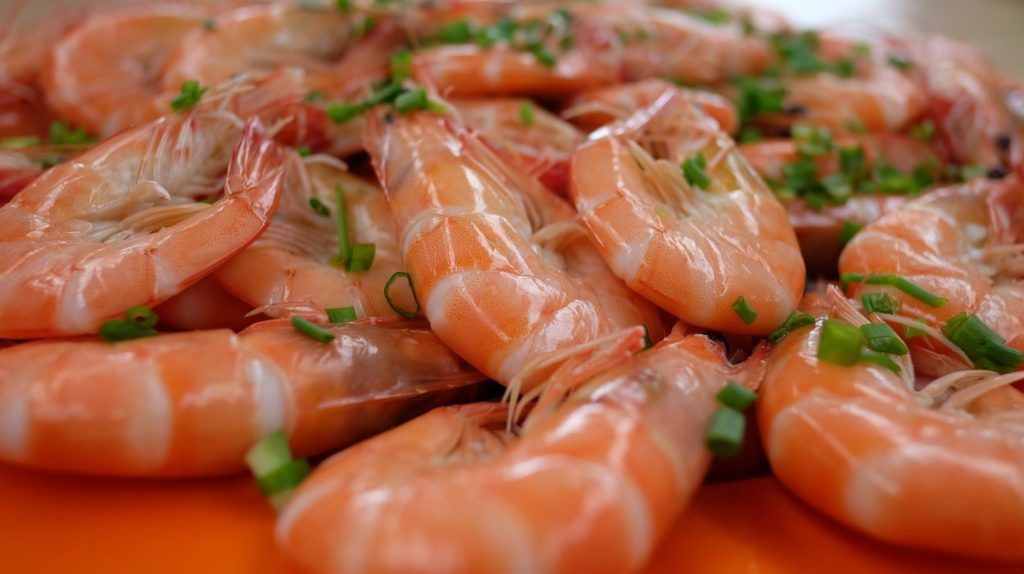The State Department announced on Friday the blocking of shrimp exports from Mexico to the United States.
First of all, the United States suspended Mexico’s certification, arguing that the Mexican sea turtle protection program is no longer compatible with that of the United States.
On the contrary, the State Department will allow shrimp exports to the US market from countries such as Canada, Chile, Colombia, Ecuador, Japan, Republic of Korea, Malaysia, Panama, Peru and Spain.
For nations, economies and fisheries not listed, only shrimp that are caught in aquaculture will be allowed to enter the United States.
All shrimp imports to the United States must be accompanied by Shrimp Exporter/Importer Declaration DS-2031.
Shrimp exports
Section 609 of Public Law 101-162 (Sec. 609) prohibits U.S. imports of shrimp caught in the wild or shrimp products caught with commercial fishing technology unless the President certifies to Congress before May 1, 1991 , and annually thereafter, that:
- The collecting nation has adopted a regulatory program governing the bycatch of relevant species of sea turtles in the course of commercial shrimp harvesting that is comparable to that in the United States and that the average rate of that bycatch by vessels of the collecting nation is comparable to the average rate of bycatch of sea turtles by United States vessels in the course of such collection
- Or, the particular fishing environment of the collecting nation does not pose a threat of bycatch of sea turtles during shrimp harvesting.
A DS-2031 must accompany all imports of shrimp and shrimp products to the United States.
Importers of shrimp and shrimp products caught in certified nations must provide Form DS-2031 to Customs and Border Protection at the port of entry or provide the information required by DS-2031 through the Automated Trading Environment.
According to Sader, shrimp exports from Mexico to the United States totaled 30,000 tons in 2019.
These shrimp exports were worth $ 300 million.
![]()

